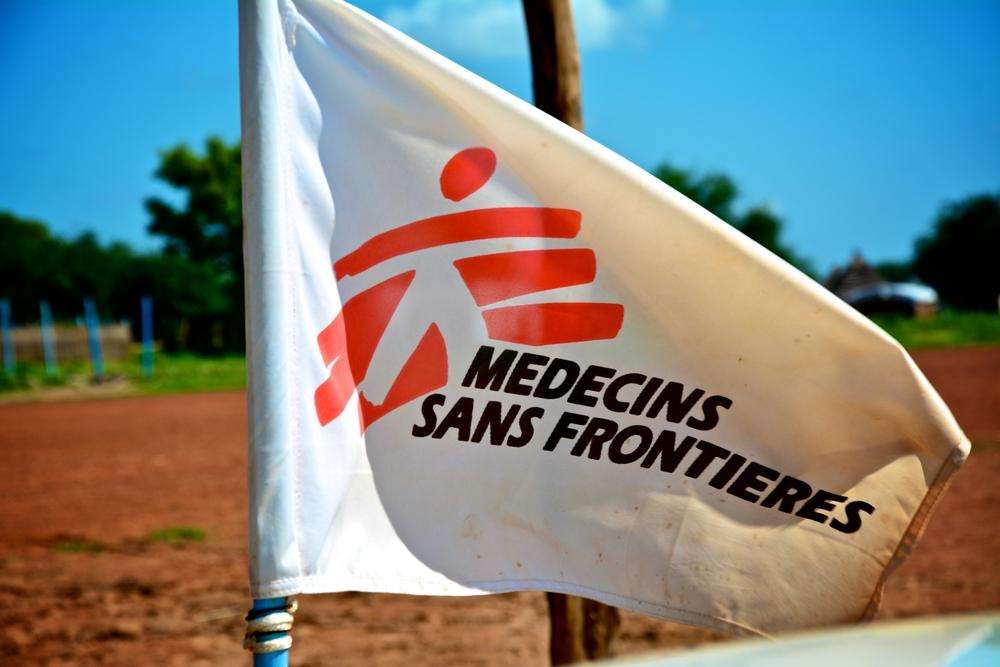NEW YORK, MARCH 24, 2017—Today, World Tuberculosis Day, Doctors Without Borders/Médecins Sans Frontières’ (MSF) is urging pharmaceutical corporations, Sequella and Pfizer, to provide open access to all existing clinical data on a promising drug, sutezolid, to help accelerate the research and development of urgently needed new, lifesaving TB treatment regimes. This data, if not released, will take years and resources to replicate, further delaying new treatment options for people living with TB.
Johns Hopkins University (JHU), which holds several patents for the drug sutezolid, recently agreed to a deal with the Medicines Patent Pool (MPP) to allow multiple drug developers—including product development organizations, companies and governments—to conduct research and develop TB treatment combinations that include sutezolid. The MPP is an organization funded by UNITAID that works to increase innovation and access to drugs through voluntary patent licensing.
Pfizer held rights on sutezolid and signed an exclusive license with Sequella in 2013. However, research has stalled and no new studies of sutezolid have been successfully conducted. The primary patent on sutezolid expired in 2014, but Pfizer, Sequella and JHU still hold secondary patents and clinical data on the drug. MSF is part of a coalition of public health groups that recently sent this letter to Sequella.
“Pfizer and Sequella shouldn't make people living with TB wait any longer for new, lifesaving treatments. At Doctors Without Borders, we see every day the grueling side effects of medicines currently used to treat drug-resistant TB—from severe nausea to joint pain to psychosis to permanent deafness.
“Open access to existing clinical data, which Sequella currently holds by exclusive contract with Pfizer, is essential to ensure developers don’t have to redo studies that have already been done to replicate data that already exists.
“People living with this disease are in urgent need of new, safer and less toxic treatments, and Pfizer and Sequella are just standing in the way by not releasing the data they’ve already collected on sutezolid.”
—Judit Rius Sanjuan, MSF’s Access Campaign US manager & legal policy adviser
MSF, an international medical humanitarian organization, has been fighting TB for over 30 years and is now one of the biggest non-government providers of TB care worldwide. MSF currently treats this infectious disease in 24 countries, including India, Central African Republic, South Africa and Uzbekistan. MSF’s Access Campaign called, for years, on JHU to license sutezolid as broadly as possible and with a public health approach.




